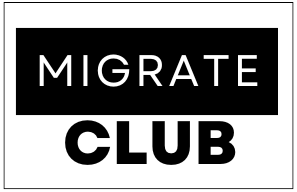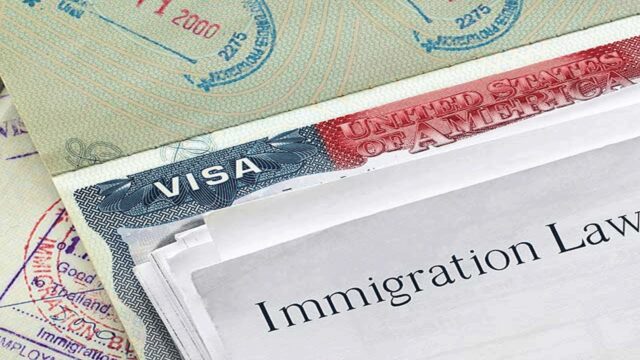The Department of Homeland Security (DHS) has proposed a new rule that could require employers to pay additional fees for extending work visas for their foreign employees. Under this proposal, extending an H-1B visa would incur a $4,000 fee, and extending an L-1 visa would cost $4,500. These fees are part of the 9/11 Response and Biometric Entry-Exit Fee, which currently applies only to initial visa petitions and changes of employers.
The 9/11 Response and Biometric Entry-Exit Fee
Established by the Consolidated Appropriations Act of 2016, this fee funds national security programs, including systems to track the entry and exit of non-U.S. citizens. It is currently applied to specific H-1B and L-1 visa petitions.
Current Fee Structure
At present, employers with 50 or more U.S.-based employees, where over 50% are on H-1B or L-1 visas, must pay this fee for initial petitions or when changing employers. The fees are $4,000 for H-1B petitions and $4,500 for L-1 petitions.
Proposed Changes
The proposed rule aims to extend these fees to cover visa extension petitions as well. This means employers would need to pay the $4,000 or $4,500 fee not only for initial petitions or changes of employer but also for extending the employment period of existing H-1B or L-1 visa holders.
Reasons for the Change
The DHS has provided several reasons for this proposed change:
- Increased Funding Needs: The additional fees will provide necessary funds for the continued operation and enhancement of the biometric entry-exit system.
- Consistency and Fairness: Applying the fee uniformly across all petition types ensures fairness.
- Enhanced Security: Adequate funding is crucial for maintaining and improving the biometric entry-exit system, which is vital for monitoring immigration and enhancing national security.
Impact on Employers
If implemented, this rule will increase costs for employers who rely heavily on H-1B and L-1 visas. Companies with a significant number of visa extensions may face substantial financial burdens, potentially leading them to reassess their hiring strategies and approach to extending employment for foreign workers.
The DHS is currently seeking public comments on the proposed rule. Stakeholders and the general public have the opportunity to provide feedback until July 8, 2024.

























